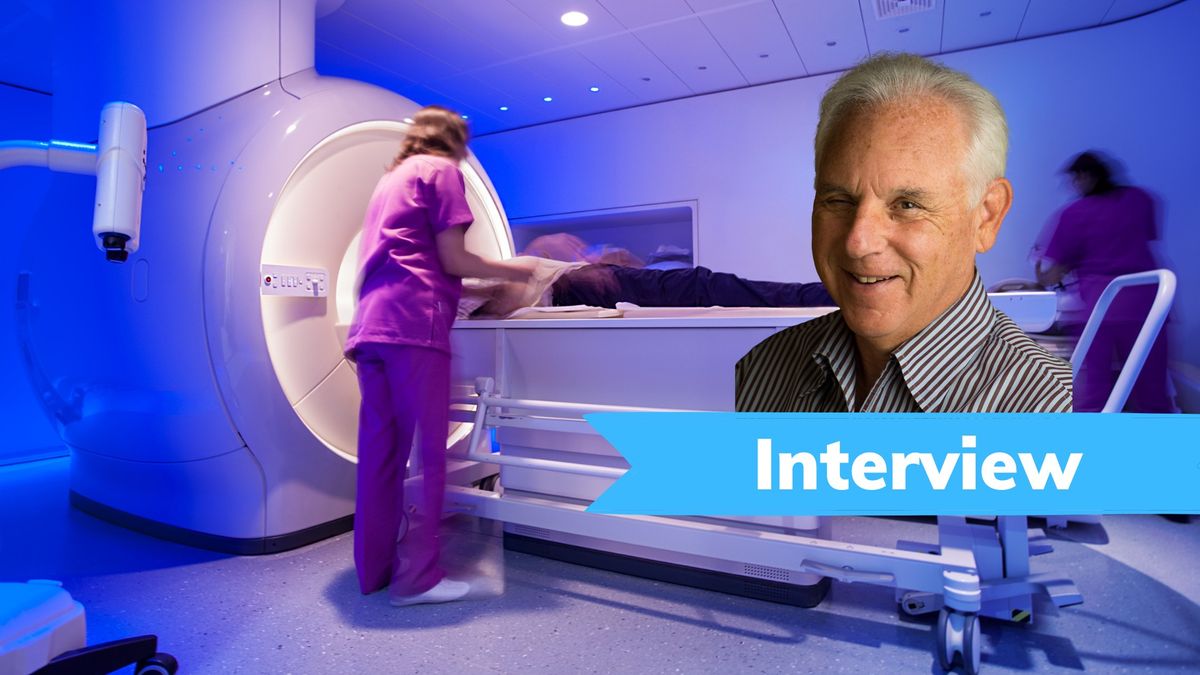
🔎 Focused ultrasound – a new method to combat Alzheimer's
The non-invasive ultrasound technology targets specific brain areas, enhancing drug delivery. Focused ultrasound, combined with monoclonal antibody therapy, shows promise in reducing Alzheimer's disease plaques.
Share this story!
- Focused ultrasound, combined with monoclonal antibody therapy, shows promise in reducing Alzheimer's disease plaques.
- The non-invasive ultrasound technology targets specific brain areas, enhancing drug delivery.
- The breakthrough has broader implications for various neurological and medical conditions.
Focused ultrasound: A revolutionizing magnifying glass
Dr. Neal Kassell, from the Focused Ultrasound Foundation, regards focused ultrasound as a potentially life-altering technology for millions, he said to Warp News. This technique, akin to using a magnifying glass to focus light beams, concentrates ultrasound waves on a specific body or brain area.
Focused ultrasound is non-invasive method to address medical issues without the need for surgical procedures, such as opening the skull.
Focused ultrasound in Alzheimer's breakthrough
In the context of Alzheimer's disease, focused ultrasound is playing a crucial role. A clinical trial led by Dr. Ali Rezai at the West Virginia University Rockefeller Neuroscience Institute is testing this technology's efficacy.
By opening the blood-brain barrier, focused ultrasound allows higher concentrations of Alzheimer's drugs, like the monoclonal antibody aducanumab, to penetrate the brain.
This method aims to accelerate the clearance of amyloid-beta plaques, a major characteristic of Alzheimer's disease.
Impressive initial results
The trial's first phase, involving patients with mild Alzheimer's, used focused ultrasound in conjunction with monthly aducanumab infusions. Results showed a 32 percent reduction in amyloid-beta plaque, in areas treated with ultrasound compared to untreated areas.
This approach could significantly improve drug delivery efficiency in Alzheimer's treatment.
Expanding the potential of focused ultrasound
Focused ultrasound's applications extend beyond Alzheimer's disease. Dr. Kassell highlights its versatility, including treatments for various cancers, neurodegenerative diseases like Parkinson's and ALS, psychiatric disorders, and various types of pain. The technology has evolved rapidly; from understanding five ways it could affect tissue ten years ago to 30 today, expanding its potential to treat a wide range of serious medical disorders.
Looking ahead
This Alzheimer's study is a step forward in a field where focused ultrasound is gaining momentum. With over 170 research, development, and commercialization projects worldwide, this technology could help treatment for numerous diseases.
The progress in Alzheimer's research is particularly promising, offering hope for more effective treatments for millions of people living with the condition.
Mathias Sundin
The Angry Optimist

By becoming a premium supporter, you help in the creation and sharing of fact-based optimistic news all over the world.



